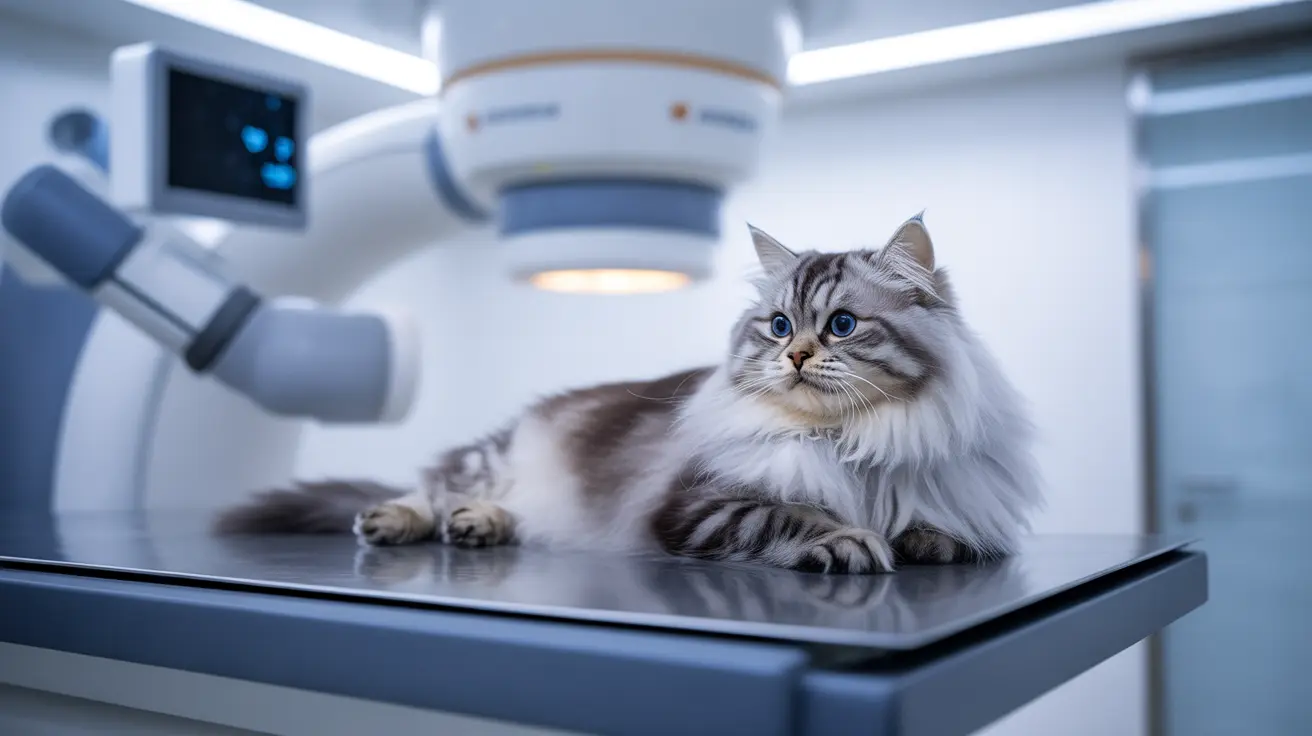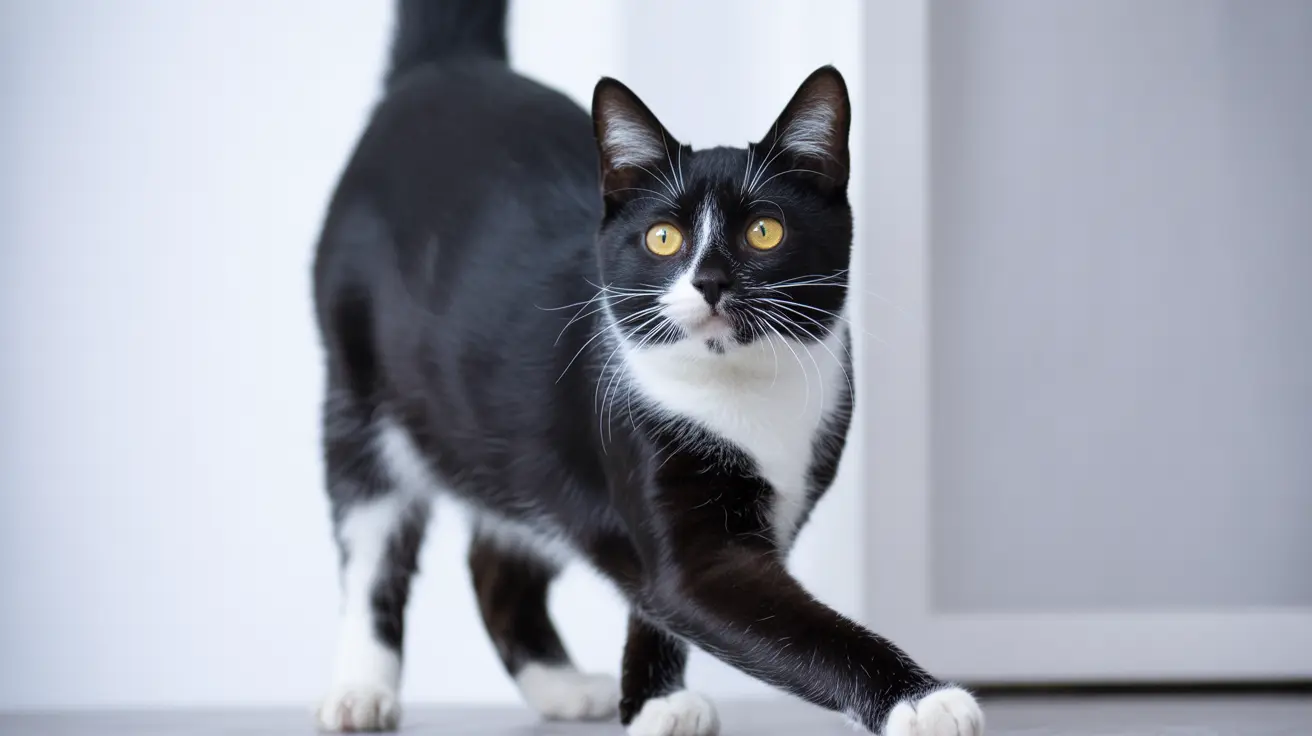When your feline friend needs advanced diagnostic imaging, understanding the cost of a cat MRI can help you prepare for this significant veterinary expense. This comprehensive guide breaks down everything you need to know about cat MRI costs, including price variations, insurance coverage, and payment options.
From general veterinary clinics to specialty hospitals, MRI costs can vary substantially based on location, facility type, and the specific diagnostic needs of your cat. Let's explore the details to help you make informed decisions about your pet's healthcare.
Understanding Cat MRI Costs
The cost of a cat MRI typically ranges from $1,500 to $3,000 at general veterinary practices. However, at specialty veterinary hospitals, where advanced equipment and board-certified specialists are available, prices can escalate to $3,000-$6,000.
These base costs usually include:
- General anesthesia
- The MRI procedure itself
- Basic post-procedure monitoring
- Initial interpretation of results
Factors Affecting MRI Pricing
Facility Type and Location
Specialty hospitals charge more due to their advanced equipment and expertise, but they often provide superior diagnostic accuracy. Geographic location also plays a significant role, with urban areas typically commanding higher prices.
Additional Services
Several supplementary costs may apply:
- Pre-MRI blood work ($100-200)
- Chest X-rays ($150-300)
- Specialist consultation fees ($150-250)
- Extended monitoring if needed ($100-200)
Insurance and Payment Options
Many pet insurance policies cover diagnostic procedures like MRIs, though coverage levels vary. Before scheduling an MRI, consider these financial strategies:
- Check your pet insurance coverage and deductibles
- Inquire about payment plans or financing options
- Ask about cash payment discounts
- Research CareCredit or similar veterinary financing programs
What to Expect During a Cat MRI
Understanding the procedure can help justify the cost. Your cat will need:
- Pre-procedure fasting
- General anesthesia
- 30 minutes to several hours of scanning time
- Post-procedure monitoring
Most cats can return home the same day, though some may need overnight observation depending on their condition and the timing of the procedure.
Value and Benefits of Cat MRI
Despite the high cost, MRI offers several advantages:
- Precise diagnosis of complex conditions
- Detailed soft tissue imaging
- Non-invasive procedure
- Ability to detect problems early
- Potential to avoid unnecessary surgeries
Frequently Asked Questions
How much does an MRI for a cat typically cost at a general vet versus a specialty hospital?
At a general veterinary practice, cat MRIs typically cost $1,500-$3,000, while specialty hospitals charge $3,000-$6,000. The higher cost at specialty facilities reflects advanced equipment and specialist expertise.
What conditions in cats can an MRI help diagnose that other imaging tests might miss?
MRIs excel at diagnosing conditions like brain tumors, spinal cord injuries, soft tissue damage, neurological disorders, and subtle musculoskeletal issues that may not be visible on X-rays or ultrasounds.
What should I expect in terms of preparation and procedure when my cat needs an MRI?
Your cat will need to fast before the procedure, undergo general anesthesia, and remain in the MRI machine for 30 minutes to several hours. Most cats go home the same day after a brief recovery period.
Does pet insurance usually cover the cost of an MRI for cats, and how can I check my coverage?
Many pet insurance policies cover diagnostic procedures like MRIs. Contact your insurance provider directly to verify coverage, understand your deductible, and confirm any pre-authorization requirements.
Are there any financial strategies or payment options to help manage the high cost of cat MRIs?
Yes, several options exist including payment plans, CareCredit financing, cash discounts, and pet insurance. Many veterinary facilities offer flexible payment arrangements or third-party financing options to help manage costs.
Conclusion
While cat MRI costs are substantial, the diagnostic value often justifies the expense. Understanding pricing structures, insurance coverage, and payment options can help you make the best decision for your cat's health care needs. Always discuss the necessity and alternatives with your veterinarian to ensure an MRI is the right choice for your feline companion.






